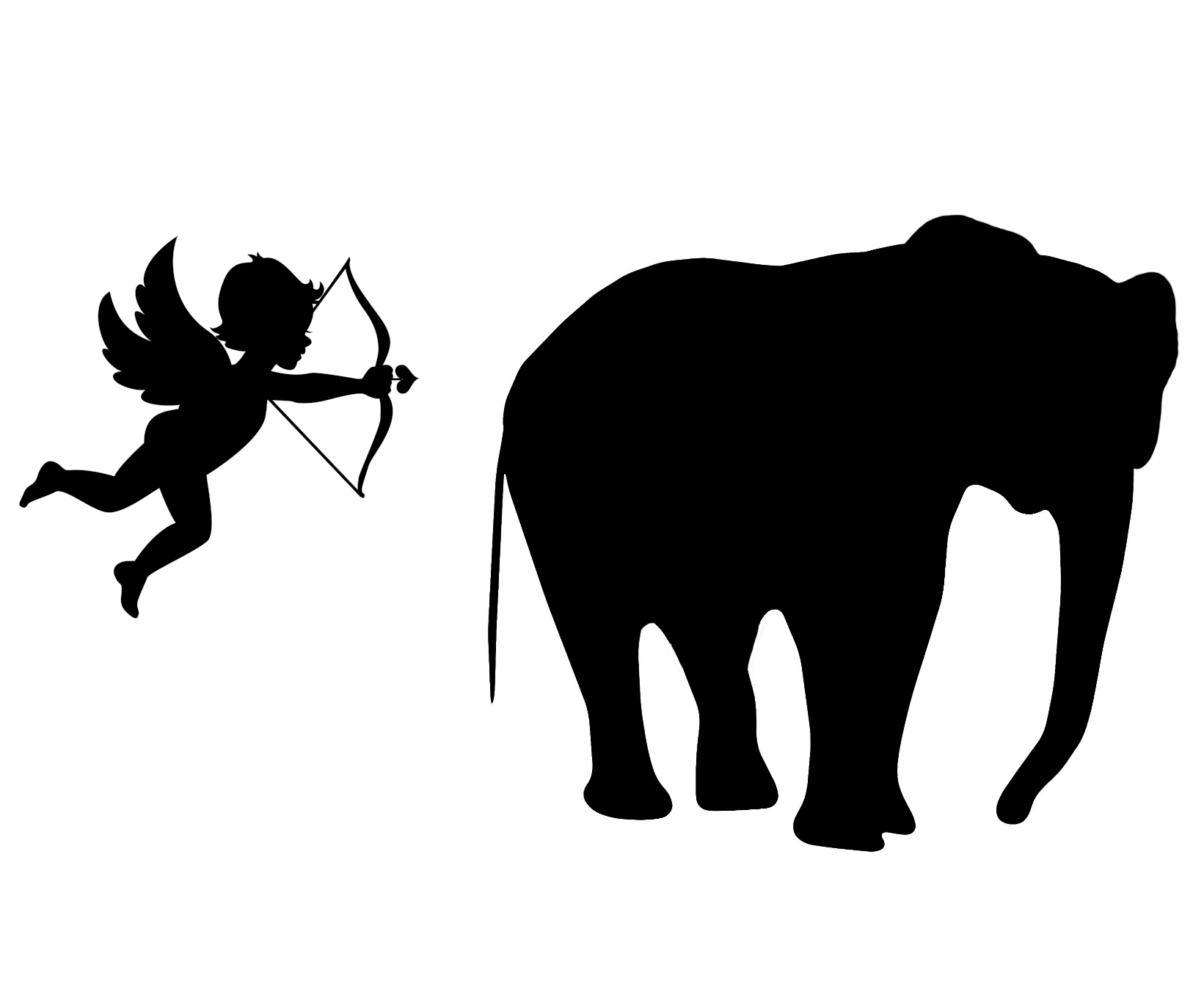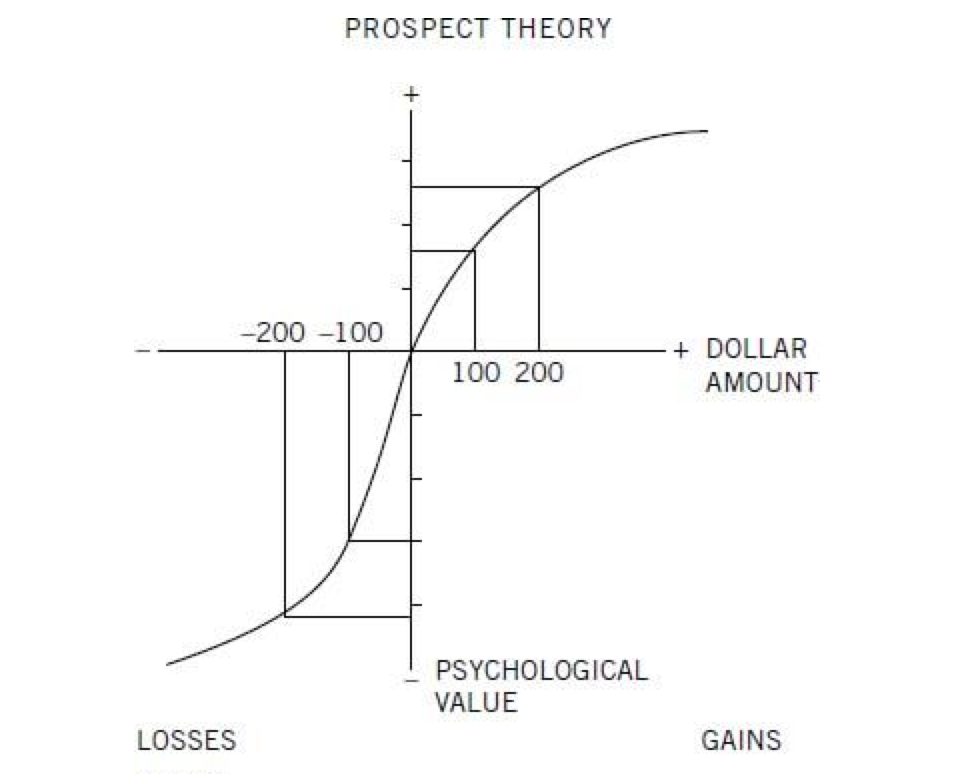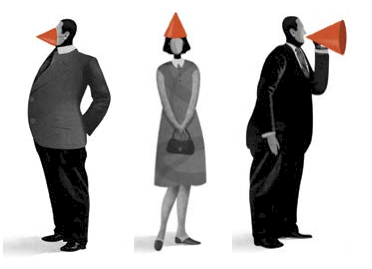The Nudge Is Not Enough! The Love Story Between Behavioral Science and Practical Applications
Nudges are great, but they aren’t enough. While they are elegant, nudges are (often) just tweaks augmenting a pre-existing service or policy regardless of its quality, appropriateness or fitness. It is time to go from nudging to behavioral design.
Behavioral Economics and Healthcare: A Match Made in Heaven
By Benjamin Voyer Out of all the areas of [...]
Using Psychology to Comprehend War
By Tom Wein Behaviour depends on context - and [...]
Three Surprising Ways Language Affects Net Worth
It is no secret that the way we speak to others has a strong impact on how we are perceived, and how successful our interactions will be. The lesson from cognitive science is this: When it comes to money, the way we speak to ourselves is equally important.
How I Taught Prospect Theory to My Son
By Diogo Gonçalves Dear son, today I want to talk [...]
No I Won’t, but Yes We Will: How the Social Side of Decision-Making and Behavior Is Worthy of a Closer Look
By Guy Champniss I still have vivid memories of when [...]







